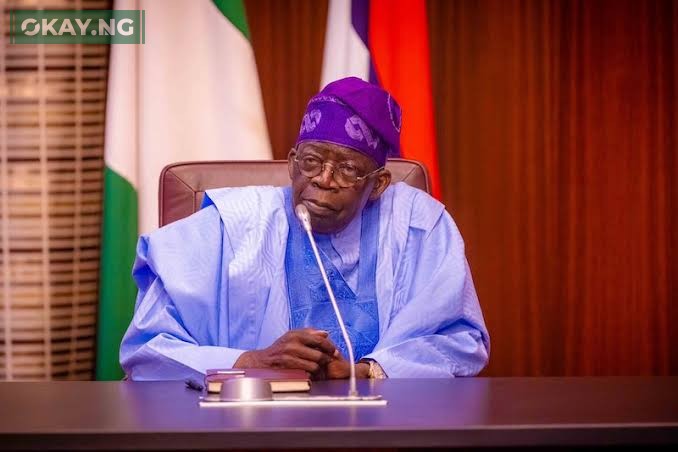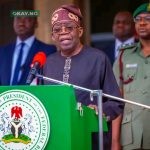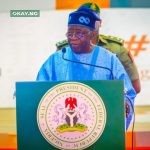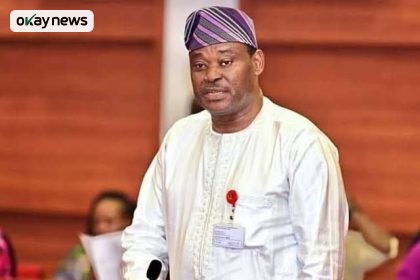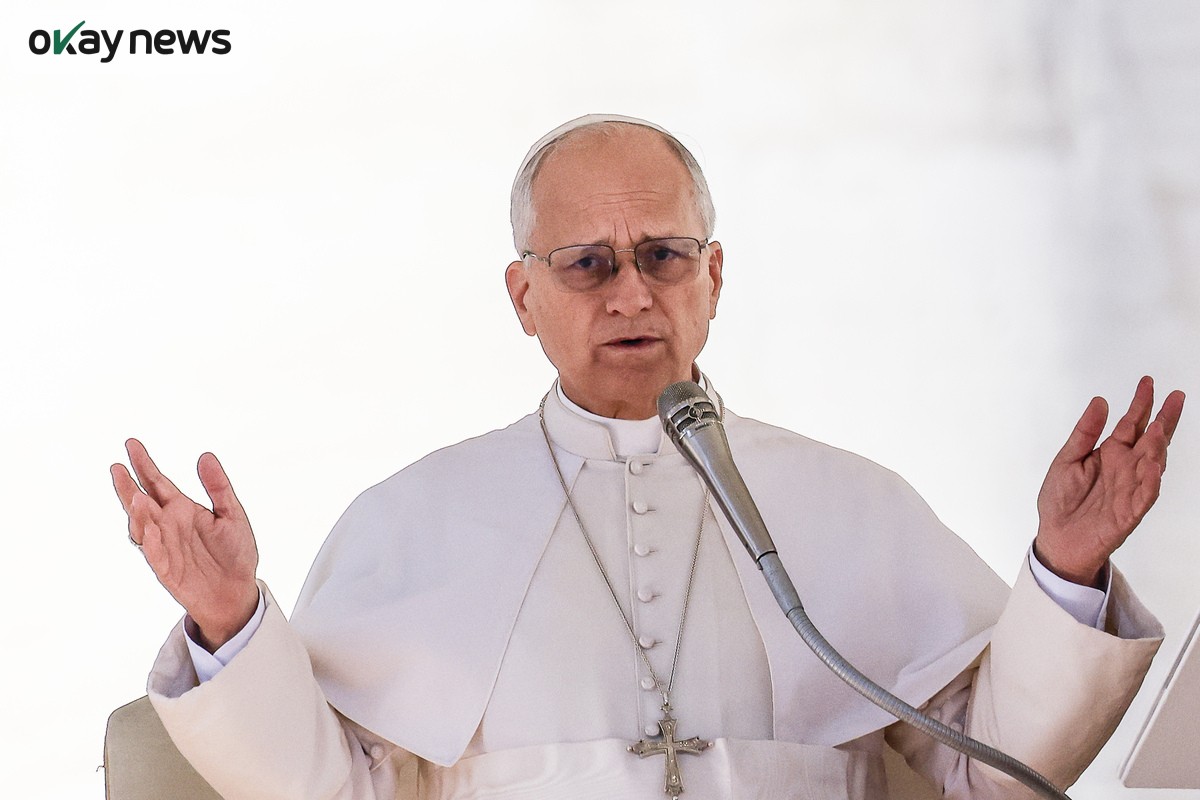President Bola Tinubu on Wednesday reaffirmed that ending the fuel subsidy was a tough but unavoidable step to rescue Nigeria’s economy and ensure resources benefit the majority of citizens.
In his Independence Day broadcast marking Nigeria’s 65th anniversary, the President said his administration inherited a fragile economy and had to choose between “business as usual” or fundamental reforms.
“As a new administration, we faced a simple choice: continue business as usual and watch our nation drift, or embark on a courageous, fundamental reform path. We chose the path of reform. We chose the path of tomorrow over the comfort of today,” Tinubu stated.
He explained that subsidy payments and multiple exchange rates had enriched a few at the expense of the public. According to him, funds saved from subsidy removal are being redirected into education, healthcare, agriculture, security, and infrastructure.
“In resetting our country for sustainable growth, we ended the corrupt fuel subsidies and multiple foreign exchange rates that created massive incentives for a rentier economy, benefiting only a tiny minority. At the same time, the masses received little or nothing from our commonwealth,” he said.
The President acknowledged that the reforms brought hardship but assured Nigerians that the sacrifices were already yielding results. “I have always candidly acknowledged that these reforms have come with some temporary pains. However, the alternative of allowing our country to descend into economic chaos or bankruptcy was not an option,” he added.
Tinubu stressed that the government was laying a new and lasting foundation for growth and stability, noting that “trillions of naira” freed from subsidy removal were now targeted at programmes that would directly impact vulnerable groups and boost development across all sectors.
The decision to end subsidy was first announced on May 29, 2023, during his inauguration, triggering fuel scarcity and sharp price increases nationwide.


